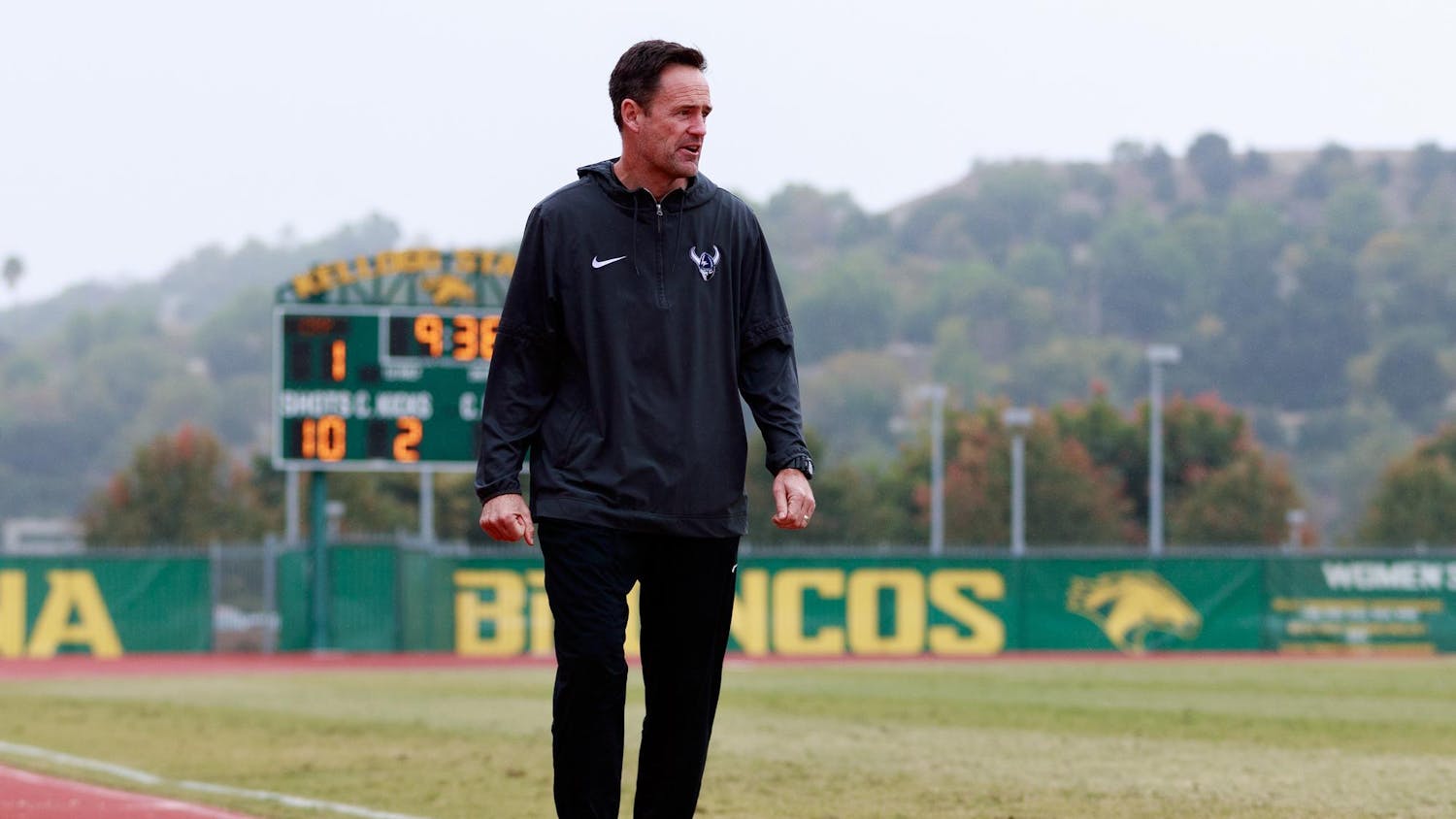Illustration by Julia Berkman
By Coel Cable
Anyone familiar with Western’s campus is probably aware of the many different surfaces that students walk across every day. Grass, brick, dirt, gravel and concrete are just some of the surfaces that layer the Bellingham campus.
Traversing these walkways is a small but dedicated group of barefooted students. According to Ian McDaniel, a former Western student who went barefoot during his time at Western, it’s not as crazy as it might sound.
One of the main reasons McDaniel chose to go barefoot while at Western was body heat.
“I always run really warm, like incredibly hot,” McDaniel said. “My friends call me a polar bear or the human furnace.”
When he found out that feet release a lot of body heat, he decided to try going barefoot.
“I just decided that I can't just stand with my arms up all day and I don't want to shave my head, so I might as well go shoeless,” he said.
McDaniel also said that the only time he hurt himself while going barefoot was stepping on a toothpick in Wilson Library.
McDaniel also mentioned how some services on campus do not accommodate people going barefoot, the dining halls in particular.
“I got kicked out from each and every one of them for trying to do that,” McDaniel said.
To help with this, McDaniel would attach flip flops to his bag using a carabiner, guaranteeing a pair of shoes would be on hand when needed.
According to the Society for Barefoot Living’s website, an advocacy group for people who choose to go barefoot, there is no law in the Washington State Department of Health that prohibits barefooted individuals from entering business or public places. However, businesses do have a right to set their own policies, but this is unrelated to any state law.
Besides food services on campus, another area on campus that students are not allowed to go barefoot in is the Wade King Student Recreation Center. The Rec Center's policy states that the “minimum workout attire must consist of: Athletic closed-toe shoes...”
According to Fitness Coordinator Ron Arnold, the policy is standard in the industry, with the reasoning being determined by “precedent of litigation, determinations from risk management analysis and advised through professionally associated governing bodies.”
After graduating and moving to Europe for a year, McDaniel decided to stop going barefoot. He said that the main reason for this decision was due to cultural norms.
“They don't take kindly to [being barefoot],” McDaniel said. “They don't even like you wearing open-toed shoes.”
Despite some of the negative backlash from his habit of going barefoot, he did say that while he was on campus he would occasionally have positive interactions with other barefooted students while making his way across campus.
Valarie Stratton, a second-year student at Western said she has had similar interactions as McDaniel with barefooted students.
“Sometimes if I'm not wearing shoes and I see someone else who isn't, and they notice, they’ll be like ‘ayy,’” said Stratton. “Sometimes it extends to more conversation.”
For Stratton, going barefoot is much more of a recreational activity than a lifestyle choice. To her, it’s a form of therapy.
“Typically, when people hear the word therapy it’s talk therapy, psychiatry, something,” Stratton said. “To me, that's essentially what walking without shoes is.”
Stratton said that going barefoot is an inside joke in her friend group and she’s often compared to her friend Isaac Fuglestad. Stratton and Fuglestad met freshmen year in the dorms. Both of them coincidentally have an interest in going barefoot. However, unlike Stratton, Fuglestad had been going barefoot long before attending Western.
“I pretty much have been going barefoot for as long as I remember,“ said Fuglestad. “I have never liked wearing shoes.”
According to Fuglestad, one of the best parts of going barefoot is the feeling of the ground under his feet. Both the Old Main Lawn and the Arboretum are two areas on campus that he suggested as good places to go barefoot. However, Fuglestad remarked that this winter has been a particularly tough one to go barefoot in.
“I was so happy, it was the first time in three weeks it was warm enough to go barefoot,” he said.
However, last year he had no issues with going barefoot during winter while living on campus.
Fuglestad said that often times when people notice him going barefoot, their reaction is one of concern, particularly when he is hiking. Even on rough terrain, going barefoot for so long means Fuglestad has little issue adventuring outdoors. The way he sees it, we aren't born with shoes on, so we don’t need to live with them on either.
When it comes to the dining halls on campus, Fuglestad also has strong opinions on the policies relating to going barefoot.
“When was the last time you washed your shoes?” asked Fuglestad. “You shower like every day, but you never throw your shoes into the laundry.”
As spring approaches, some students may decide that they want to try walking Western’s campus barefoot for the first time. For those new barefooted students, one thing is for sure: They won't be walking alone.





